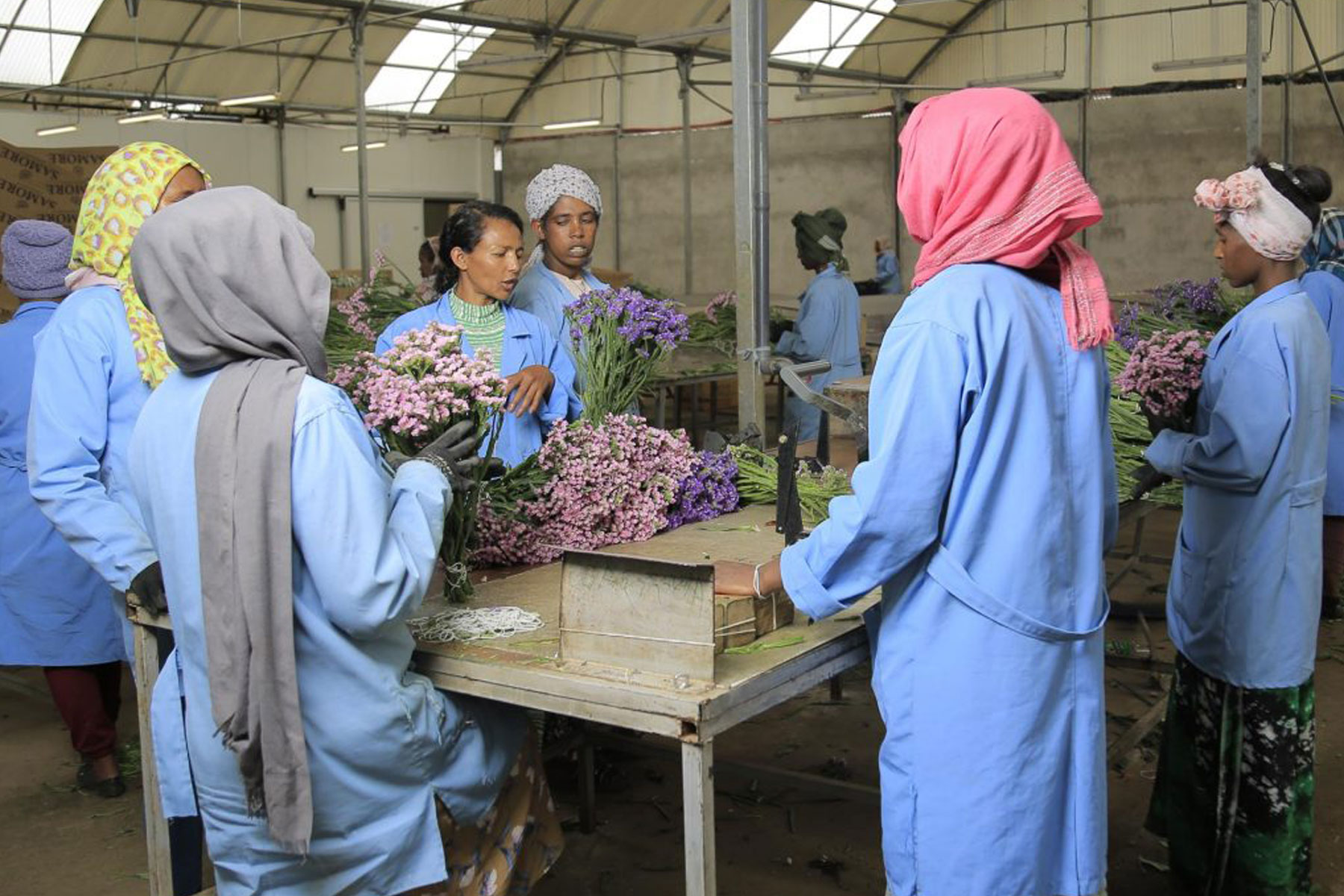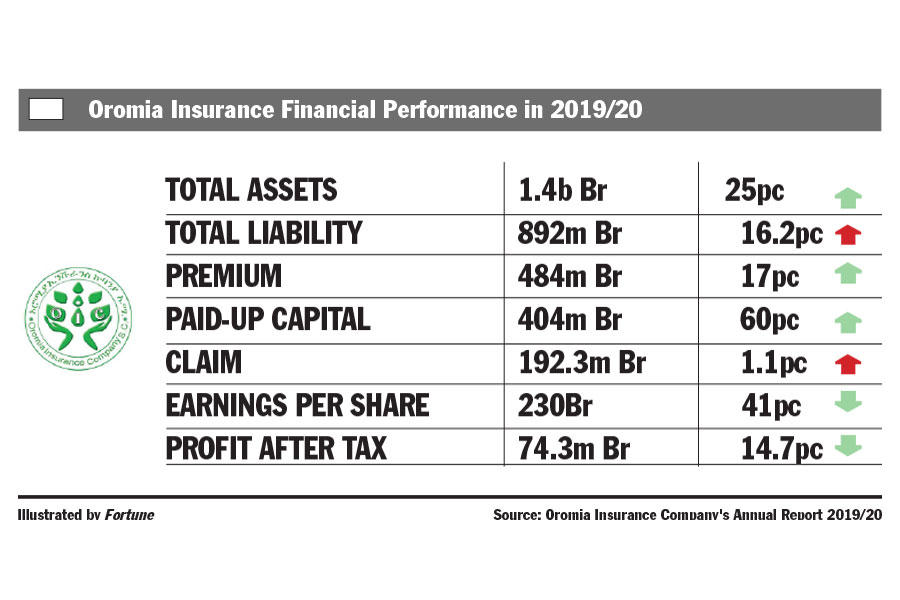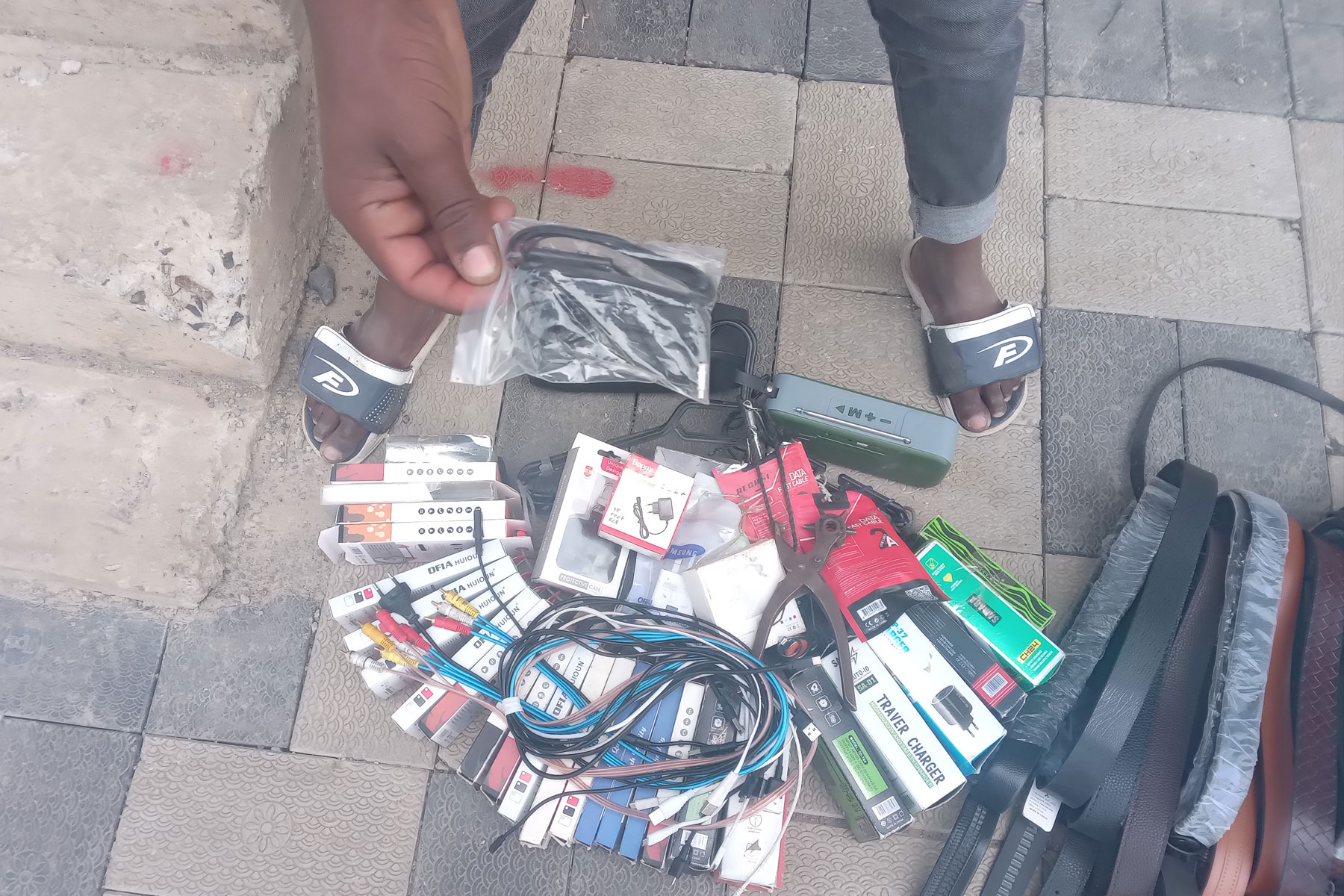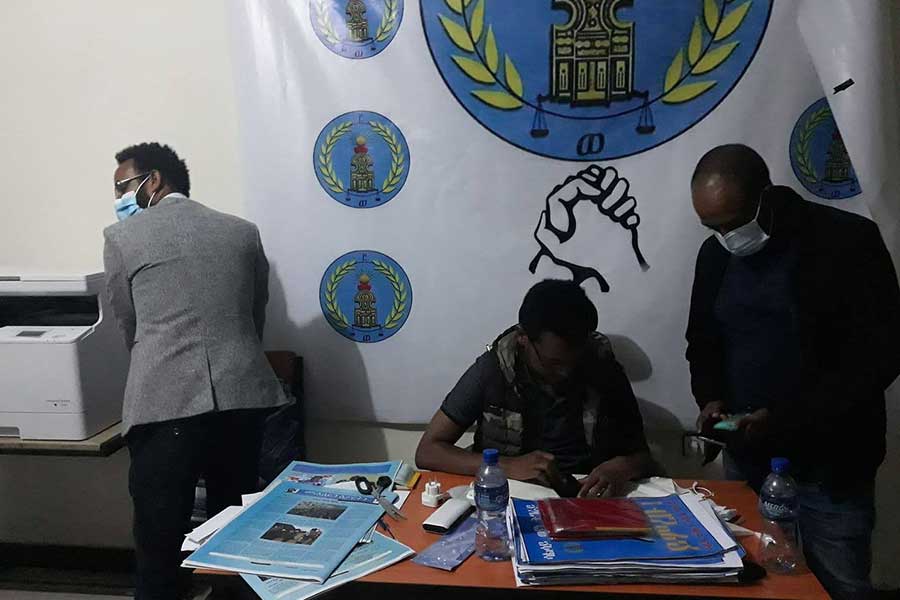
Fortune News | Apr 13,2024
Authorities raise the minimum price threshold for horticultural products on vegetables and fruits exported to Djibouti ports.
The prices saw up to 40pc increase three weeks ago, following a prolonged discussion with the Djibouti government for the past few months.
The meetings were chaired by Kassahun Gofe, state minister for the Ministry of Trade & Regional Integration(MoTRI), along with representatives from the Ministry of Agriculture, Federal Cooperative Agency (FCA) and Agricultural Transformation Institution (ATI).
Ethiopia exports 44 types of vegetables and fruits. However, horticulture has been plagued with depreciated quality production and bottle necked trade logistics, according to officials at the Ministry of Agriculture.
The Ministry has prepared a draft directive under Sofia Kassa (PhD) on the horticulture trade to revitalize production as the low-quality produce could not meet both domestic demand and export needs.
"There was no system that embraced horticultural products until now," said Dereje Abebe, investment director at the Ministry.
He hopes the new directive will pave the way to incurring detriments in production and trade.
Out of 1,848 vegetable and fruit exporters, more than a quarter have not been endowed with proper competency certification and licence.
According to the director, there will be strict measures taken on exporters.
"Illegal brokers have also been disrupting the market chain," Dereje told Fortune.
The Ministry will be working towards licensing and legalising brokers in the country, he said.
Seven months ago, authorities backpedalled the decision to raise the price threshold for horticultural products, due to lodging complaints from the Djibouti government.
“High-end products couldn't be exported to Djibouti,” said Tewodros Zewdie, head of the Ethiopian Horticulture Producer Exporters Association.
According to Tewodros, hurdles in logistics have caused difficulty in the trading process that affected the quality.
Established almost a decade ago, Sadot Agri-Food Plc, stopped exporting fruits and vegetables two years ago, shrinking down to distributing products in the local markets of Addis Abeba.
The company exported products to Djibouti, Saudi Arabia and Sudan. It mainly grows tomatoes, ginger and onions in 18.3hct around Sebeta town.
According to Mahaley Timket, a major shareholder, the company had been incurring major losses in foreign currency, turning a corner to selling products in the domestic markets.
He said the debilitating transportation procedures to send the products abroad has caused a dereliction on the products forcing the company to turn to domestic market.
"It serves more profitable now," Mahaley told Fortune.
Even though there is high demand internationally, constraints related to credit supply and stripped foreign redress bottle necked the company.
"The system is crippling," he said.
According to the World Bank report constraints of export growth are attributed to poor exchange rate management, lack of agricultural pricing and marketing, lack of price control regimes, population growth and problems of resource mobilization and allocation.
There are more than three million farmers engaged in vegetable and fruit farming in the country.
However, Solomon Kebede, vegetable and herb head at the Ministry explained they have been using unwanted chemicals for vegetables and fruits because of the shortage of input.
“There has been a safety issue on the products,” he said.
The Ministry has been working with ATI to enhance the quality of production of fruits and vegetables through a new project called Agricultural Commercialization Clustering (ACC) which began a year ago.
After selecting Oromia, Amhara, Tigray and Southern regional states for the pilot program, authorities are enhancing the production of commodities by combining small-holder farmers on selected high-valued five commodities; Avocado, Banana, Mango, Tomato and Onion.
The Ministry has been implementing close proximity supervision on the type of input that will be used with hopes to increase the quality of horticulture products while increasing the revenues.
Djibouti is the major export destination for Ethiopia’s fruits and vegetables, accounting for over 70pc of shipments.
Last year the country generated close to 55 million dollars by exporting 157,000tns of vegetables. In 2021, 167,0000tns of vegetables have been exported generating close to 43 million dollars, showing a 34pc decline from the previous year.
However, the revenue generated by countries such as Europe and the Middle East account for only three percent of the revenue, according to Atlaw Anbelu, head of the fruits crops development desk.
"The commodities are not internationally competitive," he told Fortune.
Shimelis Araya (PhD), an agricultural economist, observes the stagnated export of horticultural production could be attributed to the quality and production seen in the country.
He argues the costs of production, transportation and technology are not reimbursed by the revenue generated from export, generating foreign currency with a loss.
"Exporting for the sake of generating forex in turn contributes to currency depreciation," he said.
He recommends it would be better to distribute the products to the local market.
Shimeles observes raising the price threshold was possible since there is not a lot of competition
“We're competing alone," he said. “If you run alone you're bound to win.”
PUBLISHED ON
Mar 18,2023 [ VOL
23 , NO
1194]

Fortune News | Apr 13,2024

Fortune News | Jan 09,2021

Fortune News | Feb 20,2021

Agenda | Jun 01,2024

Viewpoints | Aug 20,2022

Fortune News | Jan 07,2022

Agenda | Sep 06,2020

Radar | Aug 31,2019

My Opinion | Nov 21,2018

Radar | Dec 01,2024

Dec 22 , 2024 . By TIZITA SHEWAFERAW
Charged with transforming colossal state-owned enterprises into modern and competitiv...

Aug 18 , 2024 . By AKSAH ITALO
Although predictable Yonas Zerihun's job in the ride-hailing service is not immune to...

Jul 28 , 2024 . By TIZITA SHEWAFERAW
Unhabitual, perhaps too many, Samuel Gebreyohannes, 38, used to occasionally enjoy a couple of beers at breakfast. However, he recently swit...

Jul 13 , 2024 . By AKSAH ITALO
Investors who rely on tractors, trucks, and field vehicles for commuting, transporting commodities, and f...

Sep 13 , 2025
At its launch in Nairobi two years ago, the Africa Climate Summit was billed as the f...

Sep 6 , 2025
The dawn of a new year is more than a simple turning of the calendar. It is a moment...

Aug 30 , 2025
For Germans, Otto von Bismarck is first remembered as the architect of a unified nati...

Aug 23 , 2025
Banks have a new obsession. After decades chasing deposits and, more recently, digita...